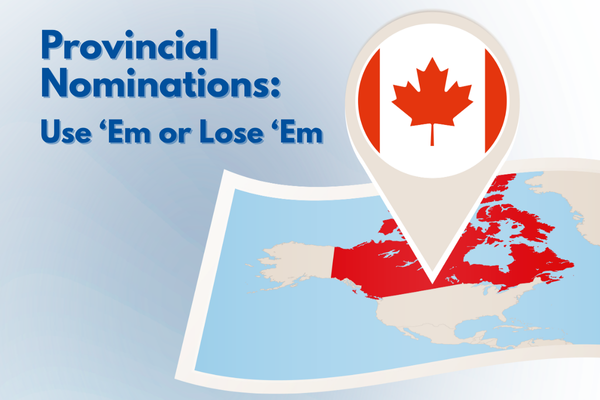When you're moving to Canada, choosing the right help is key to a successful immigration process. Two common professionals you might consider are an immigration lawyer and a Regulated Canadian Immigration Consultant (RCIC). Understanding their differences helps you make the best choice for your needs.
What is an Immigration Lawyer?
An immigration lawyer is a qualified attorney who is well-versed in legal matters, having studied law extensively. They are authorized to represent you in court, which is particularly beneficial if you have a complicated case, such as an appeal against a denied application or dealing with issues that could affect your immigration status.
What is an RCIC?
An RCIC specializes in providing immigration advice and services specifically for Canada. They are not lawyers, but they have significant training in Canadian immigration laws and are recognized by the Canadian government to assist with immigration applications. This includes filling out forms accurately and ensuring all required documents are correctly submitted.
What to Expect from an RCIC
RCICs are experts in Canadian immigration processes and adhere to high professional standards:
- Professional Conduct: RCICs must follow a Code of Professional Conduct which requires them to foster trust, act ethically with honesty and integrity, and demonstrate respect and cultural sensitivity.
- Services: They can explain your immigration options, recommend the best programs for you, fill out your applications, and communicate with the Government of Canada on your behalf.
- Representation: RCICs can represent you in immigration or citizenship applications and, if they hold an RCIC-IRB class license, even at hearings before the Immigration and Refugee Board.
Key Differences
Education and Licensing:
- Lawyers attend law school and must pass rigorous exams to practice law, giving them a broad understanding of legal concepts.
- RCICs undergo specialized training in immigration law and must pass industry-specific exams. They focus on administrative immigration tasks and do not handle legal representation beyond administrative proceedings.
Services Offered:
- Lawyers can provide full legal representation in court, interpret laws, and handle complex legal issues.
- RCICs concentrate on the administrative aspects of immigration, such as application accuracy and program advisement. They do not represent clients in legal proceedings.
When to Choose Which?
- Choose an immigration lawyer if your situation involves complex legal challenges, or you need court representation.
- Choose an RCIC for straightforward applications like visas, work permits, or permanent residency that do not involve legal disputes.
Making Your Choice
Decide based on your specific needs. An RCIC is excellent for most immigration streams, like work permits and permanent residency, given their focus on Canadian immigration rules. For legal complexities or challenges, an immigration lawyer can offer crucial legal assistance.
Ensure that your chosen professional is properly licensed and reputable, guaranteeing the best support for your Canadian immigration. Whether opting for a lawyer or an RCIC, the right advice is crucial for your success.
For straightforward application guidance or more complex legal assistance, choosing the right professional is your first step towards a successful move to Canada. Ready to begin? Visit Immigrate to connect with top immigration experts and turn your Canadian dream into reality. Start today!

